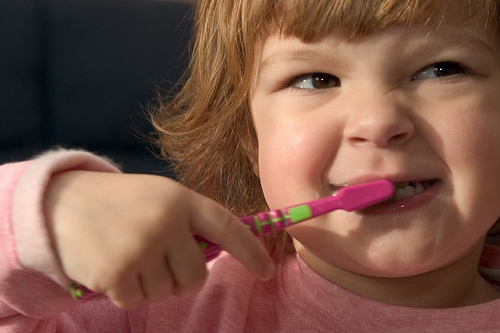September is National Childhood Injury Prevention Month!
September 5th, 2024

September is National Childhood Injury Prevention Month, and Dr. HJ Turner and Dr. DJ Turner and our team at Pediatric Dentistry of Spartanburg are excited to share some tips to keep your child safe. Childhood is a time when dental injuries are common. Even a simple fall on the playground at recess can lead to a lost or broken tooth. What can you do as a parent to protect your child’s teeth in addition to his or her head and bones? These tips will help you prevent mouth and dental injuries to your kids.
First, use common sense when your children play sports. An estimated 13 to 39 percent of oral-facial injuries occur when children are playing sports. Make sure your child wears a face guard, mouthguard, and helmet as appropriate. Contact sports, such as football, require this gear, so insist that it gets worn.
Next, teach your children not to walk or run with things in their mouths. This is particularly difficult for toddlers and preschoolers, who love to explore the world orally. Insist that items are removed from the mouth whenever the child is in motion, and try to redirect the child to softer items for oral stimulation.
For small children, be careful when you put a spoon or fork in the mouth. While this won’t damage teeth, it can damage the delicate skin between the lips and gums or under the tongue. Allow your child to direct his or her own feeding; never shove a spoon in your child’s mouth if he or she is not interested, to avoid this type of injury.
Finally, make sure your children are seen regularly by Dr. HJ Turner and Dr. DJ Turner. Regular dental checkups will keep the teeth clean, strong, and healthy, and limit the risk of injuries.
If your child is injured in spite of your best efforts, contact our Spartanburg, SC office right away. Quick action may be able to save a missing tooth, and a quick response on your part will limit the long-term effects of the injury.










 Website Powered by Sesame 24-7™
Website Powered by Sesame 24-7™
